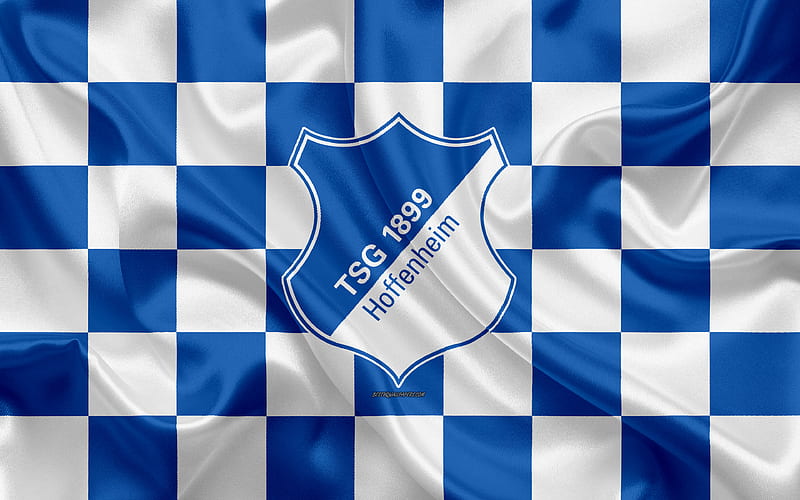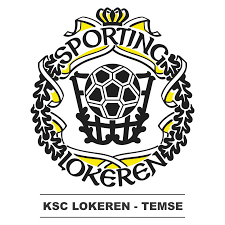
Hoffenheim FC
Hoffenheim FC is a renowned football club that has made significant strides in German and European football over recent years. Known for their tactical discipline, youth development, and innovative playing style, Hoffenheim FC has become a formidable presence in the Bundesliga. This detailed article aims to explore every aspect of Hoffenheim FC, including its history, team dynamics, managerial influence, infrastructure, fan culture, and future prospects. Whether you are a seasoned supporter or newly interested in the club, this comprehensive guide will provide valuable insights into what makes Hoffenheim FC unique and compelling S666.
The History and Evolution of Hoffenheim FC
Understanding Hoffenheim FC’s roots provides crucial context into its current identity. From humble beginnings as a local amateur team to becoming a Bundesliga mainstay, the club’s journey reflects resilience, strategic vision, and community support xổ số S666.
Origins and Early Years
Hoffenheim FC was founded in 1899, originally as a small sports club in the quaint town of Hoffenheim, located near Sinsheim in southwestern Germany. Initially, the club primarily participated in local amateur competitions. During these formative years, Hoffenheim operated on limited resources, with modest facilities and a tight-knit community of players and supporters. The early clubs faced typical challenges such as funding constraints, limited exposure, and the struggle to climb the competitive ranks of German amateur leagues.
Despite these hurdles, the club laid down a foundation built on passion and community involvement. Football was more than just a sport; it became an integral part of Hoffenheim’s local culture. Over time, the club began to attract talented youth players, laying the groundwork for future success. This period is characterized by perseverance and gradual growth, illustrating how grassroots efforts can eventually lead to national prominence.
Rise Through the German League System
The pivotal moment in Hoffenheim FC’s modern history came in the early 2000s when the club’s management adopted an ambitious plan for growth. Under the leadership of Dietmar Hopp—co-founder of SAP and a major benefactor—the club embarked on a strategic push to ascend the professional tiers of German football. This financial backing enabled Hoffenheim to invest in infrastructure, youth development, and player acquisitions.
Hoffenheim’s ascent through the league system was rapid and remarkable:
- They climbed from amateur divisions to the third tier (Regionalliga) within a few seasons.
- Their consistent performance caught the attention of higher leagues.
- In 2008, Hoffenheim achieved promotion to the Bundesliga for the first time in club history.
This transition marked a turning point, transforming Hoffenheim from a regional team into a national contender. Their rise was characterized by strategic signings, a focus on youth talent, and tactical flexibility. The club’s ability to adapt and innovate set them apart from many peers, and they quickly gained respect within German football circles.
Key Moments and Milestones
Over the years, Hoffenheim FC has experienced several landmark achievements:
- First Bundesliga appearance in 2008.
- Notable finishes in the top half of the Bundesliga table, including a 4th place finish in the 2017-2018 season, qualifying them for the UEFA Champions League qualifiers.
- Development of prolific players like Sebastian Rudy, Andrej Kramaric, and Niklas Süle, who moved on to bigger European clubs.
- Successful participation in European competitions, notably the Europa League.
These milestones reflect not only competitive success but also the club’s strategic emphasis on sustainability, youth development, and fan engagement. Their evolution showcases how a club rooted in community can leverage investment and innovation to compete at the highest levels.
Community and Cultural Impact
Hoffenheim FC’s history is deeply intertwined with its local community. The club’s ethos emphasizes inclusivity, youth empowerment, and regional pride. The “TSG” (Turn- und Sportgemeinschaft) branding signifies a broad sporting philosophy, encompassing multiple disciplines beyond football.



